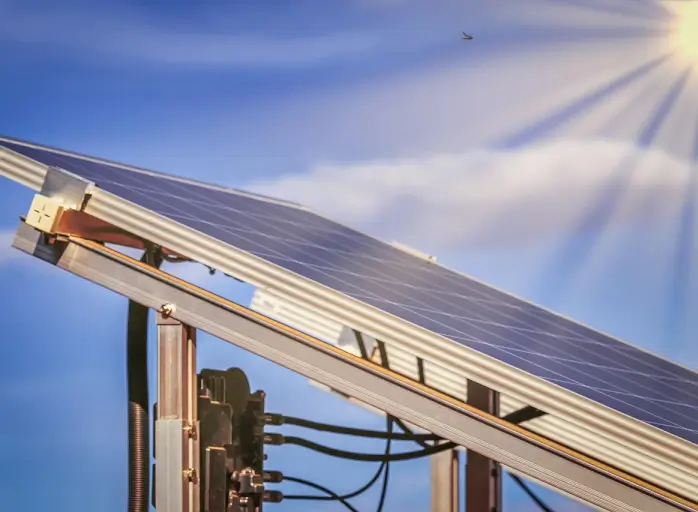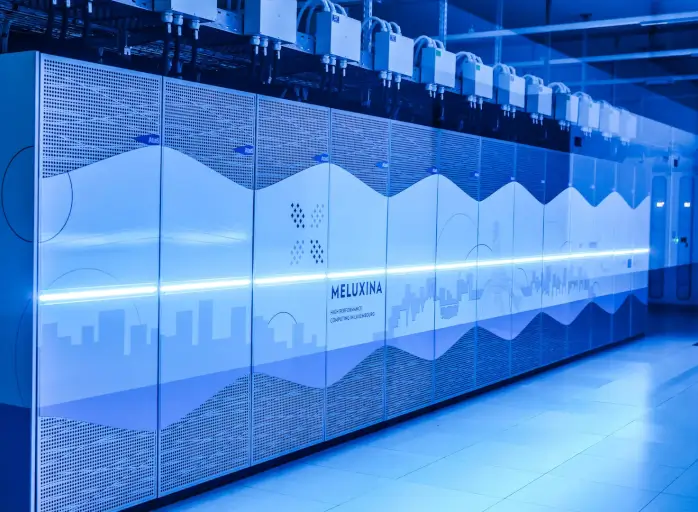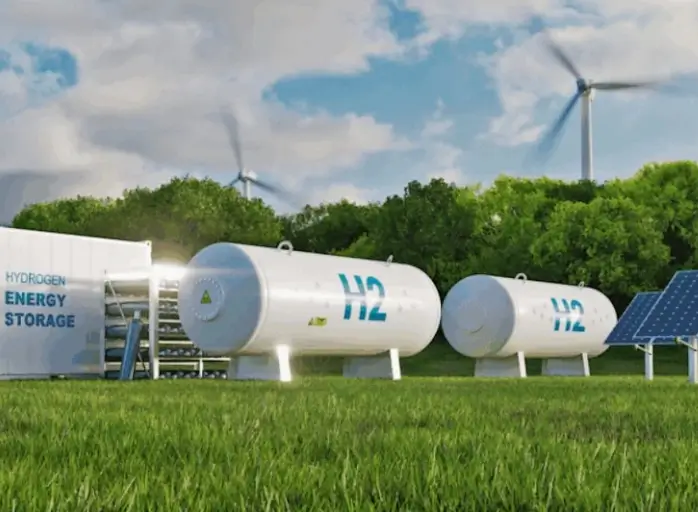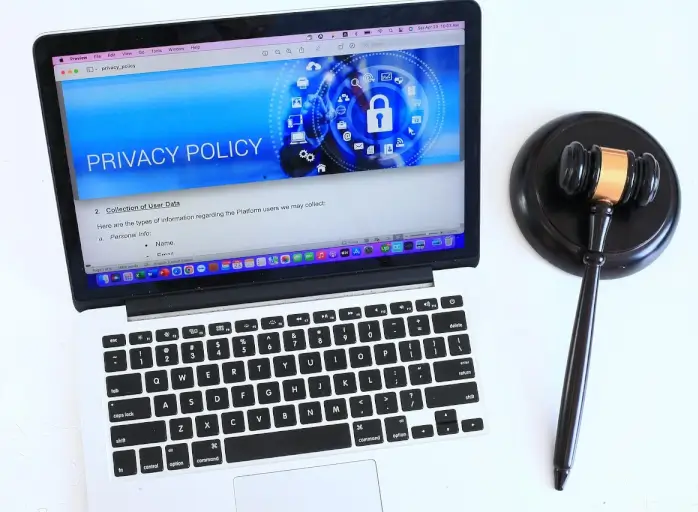
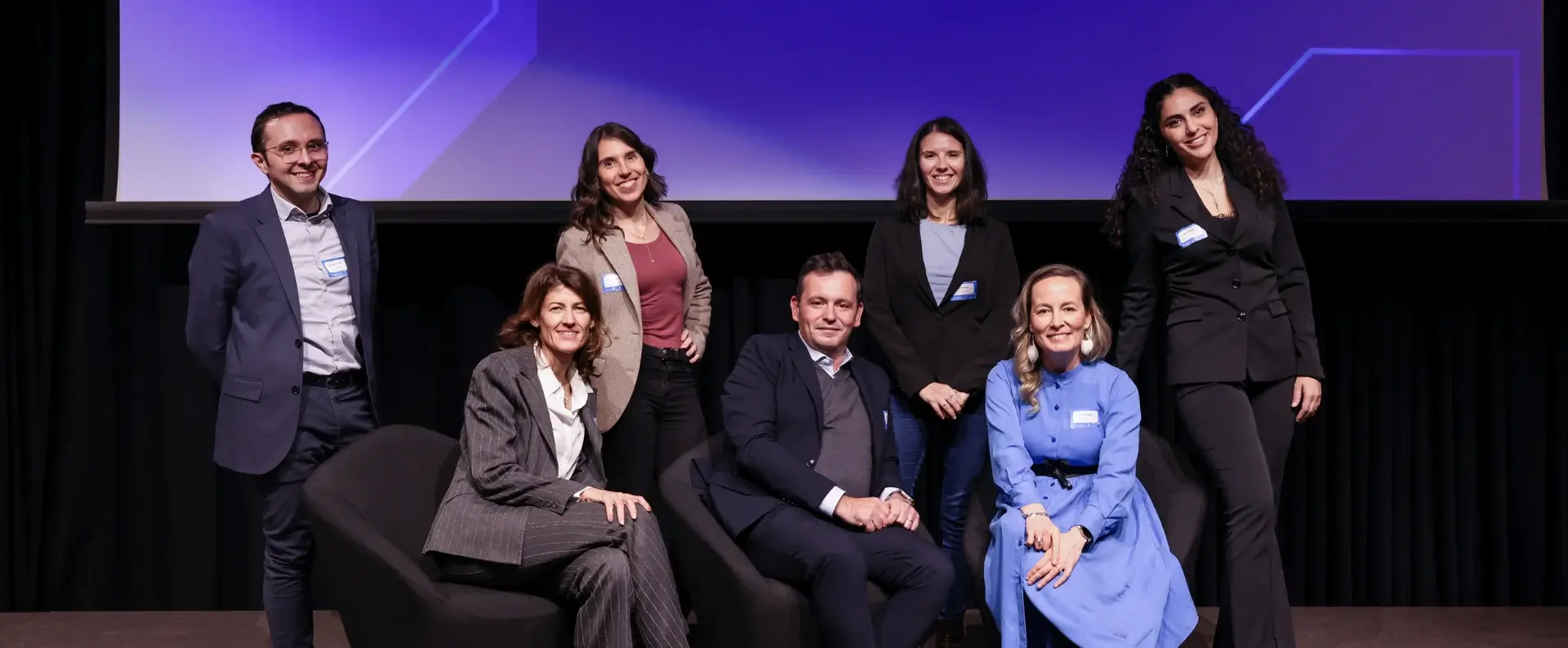
Luxembourg close to €200m record midway through Horizon Europe
As the Horizon Europe approaches its final three years, Luxembourg is on the verge of surpassing the total funding it received during the seven years of Horizon 2020.
 Abigail Okorodus
Abigail Okorodus
The annual Horizon Europe Day organised by Luxinnovation, explored how the 2021–2027 programme supports research and innovation projects involving Luxembourg partners. With a total budget €95.5 billion, Horizon Europe, the successor of Horizon 2020, is structured around three main pillars focusing on excellent science, global challenges and European industrial competitiveness, and an innovative Europe.
“In half the time of the framework programme, and with Horizon Europe grant results still coming from the European Commission for the 2024 calls, we are already close to achieving the same financial record as the entire seven years of Horizon 2020,” explained Stefano Pozzi Mucelli, Head of European Funding at Luxinnovation, the national contact point for Horizon Europe, the Digital Europe Programme and the Innovation Fund.
Strong private sector performance and top sectors
About 337 projects involving Luxembourg players have been supported so far with €199.3 million awarded, a little less than the total €201.7m in Horizon 2020. This represents an 18.53% success rate, above the European average and the 16.3% achieved in Horizon 2020. Private organisations secured over 50% of this funding. “This is unique to Luxembourg; in other countries, private organisations receive around 33%,” mentioned Mr Mucelli
We have already achieved the same financial record as the entire seven years of Horizon 2020.
Stefano Pozzi Mucelli, Luxinnovation
He added that an increasing number of Luxembourg organisations are often participating in collaborative consortium projects. “This is important for us as it means that those who are very familiar with Horizon Europe are also bringing in newcomers,” he added. The remainder of the funding went to public research institutions (€83.09m) and other organisations (€11.6m).
Luxembourg’s top-performing sectors include digital, industry, and space (Cluster 4 of the programme), which received €60 million; climate, energy, and mobility (Cluster 5); and health (Cluster 1).
Lessons from Luxembourg’s innovators
Several experts and EU funding recipients shared their insights at the Horizon Europe Day, from choosing the right funding instrument and validating the research idea to building strong consortia, a critical criterion for project evaluations. “Starting early is very important, both for writing the proposal, getting the consortium together, and ensuring you have a shared vision,” emphasised Jan Lagerwall, Full Professor in Experimental Soft Matter Physics at the University of Luxembourg.
Apart from private entities and public research players, Horizon Europe targets and supports several other entities engaged in research, innovation, and related activities. Representing the non-governmental organisation Alzheimer Europe, a partner in 14 EU-funded projects, Director for Research Angela Bradshaw, explained how it contributes to European projects: “We support consortia with communications but also with stakeholder engagement, working closely with entities such as national patient organisations, patients, their caregivers, policymakers, and regulators".
Starting early is very important, both for writing the proposal, getting the consortium together.
Jan Lagerwall, University of Luxembourg
Emmanuel Defay, Head of Smart Materials Unit at the Luxembourg Institute of Science and Technology, highlighted how complementarity between different programmes propels research and innovation actions. His research project focuses on two types of energy conversion: from electrical to thermal energy (heating or cooling). One project is being funded by the European Research Council (ERC) Advanced Grant and the other via the European Innovation Council (EIC). “This means the projects can complement each other. The materials are essentially the same, the characterisation tools are identical, allowing us to go much further,” he stated.
Upcoming calls
Luxinnovation, which also represents Luxembourg in the work programme committees, is engaged in talks for the 2025 and 2026 plans, expected to be finalised in April and late next year, respectively. Some Horizon Europe calls with deadlines in 2025 are still open for applications. Broader discussions are ongoing on the successor of Horizon Europe on an European level.
Regarding upcoming calls, Mr Mucelli gave some anticipated procedural and operational updates. These include broader topics with shorter descriptions required from the applicant, larger project budgets to foster transformative initiatives, more lump sum funding, and even two-stage proposals. “This is good for the applicants, because it reduces the time spent on preparing the first stage application,” he noted.
The national innovation agency supports and guides all prospective Luxembourg applicants throughout the European funding journey, from identifying the right projects calls to the end of the projects.


